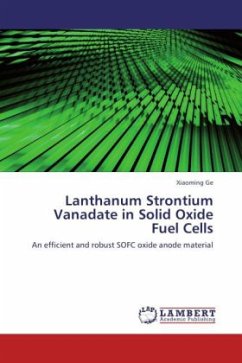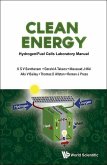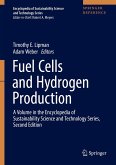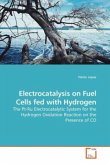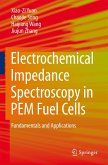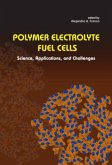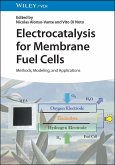Solid oxide fuel cells (SOFCs) are high temperature energy conversion devices with the advantages of fuel flexibility and high efficiency. Limitations of SOFC cermet anodes have been stimulating oxide anodes. Lanthanum Strontium Vanadate in Solid Oxide Fuel Cells explores the materials property and electrochemical behavior of lanthanum strontium vanadate (LSV) for the purpose of SOFC anode application. Comprehensive studies demonstrate LSV as an efficient anode material with excellent sulfur tolerance and carbon resistance. LSV-based SOFCs have demonstrated with negligible performance degradation in carbon-forming and H2S-containing gases for more than 500 hours. The anode/electrolyte interface is simulated by Monte Carlo methods. The apparent double layer capacitance is measured by electrochemical impedance spectroscopy, while the intrinsic double layer capacitance is evaluated via a Stern s method in conjunction with the Volta potential analysis. An analytical three-phase boundary model is developed to bridge the anode/electrolyte interface with SOFC electrode performance.
Bitte wählen Sie Ihr Anliegen aus.
Rechnungen
Retourenschein anfordern
Bestellstatus
Storno

